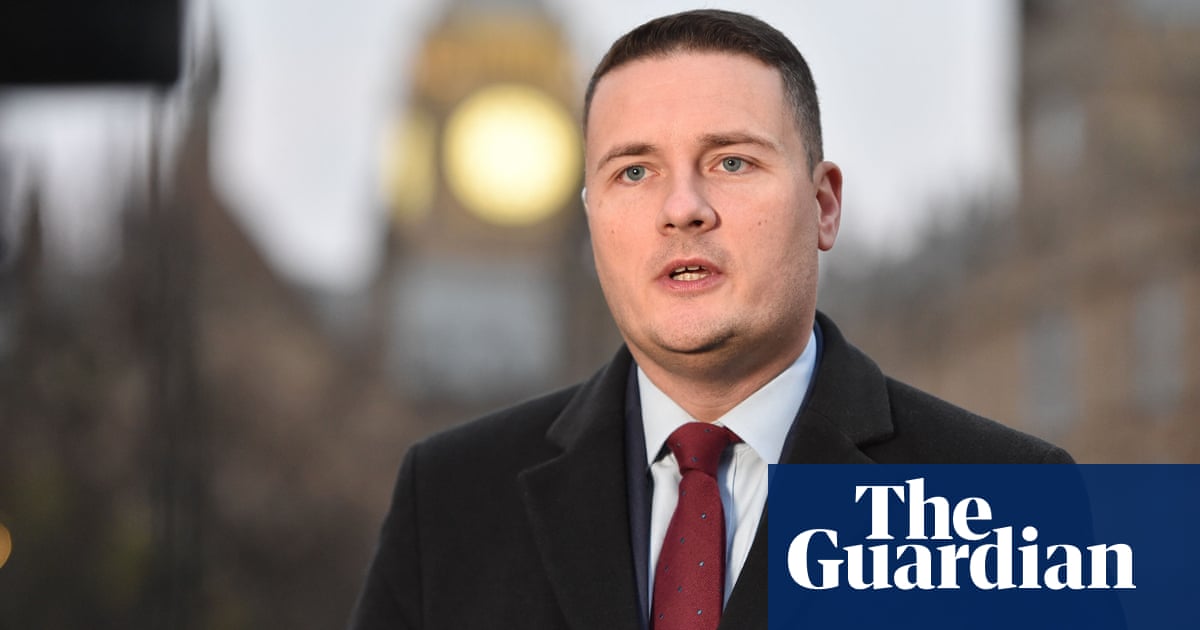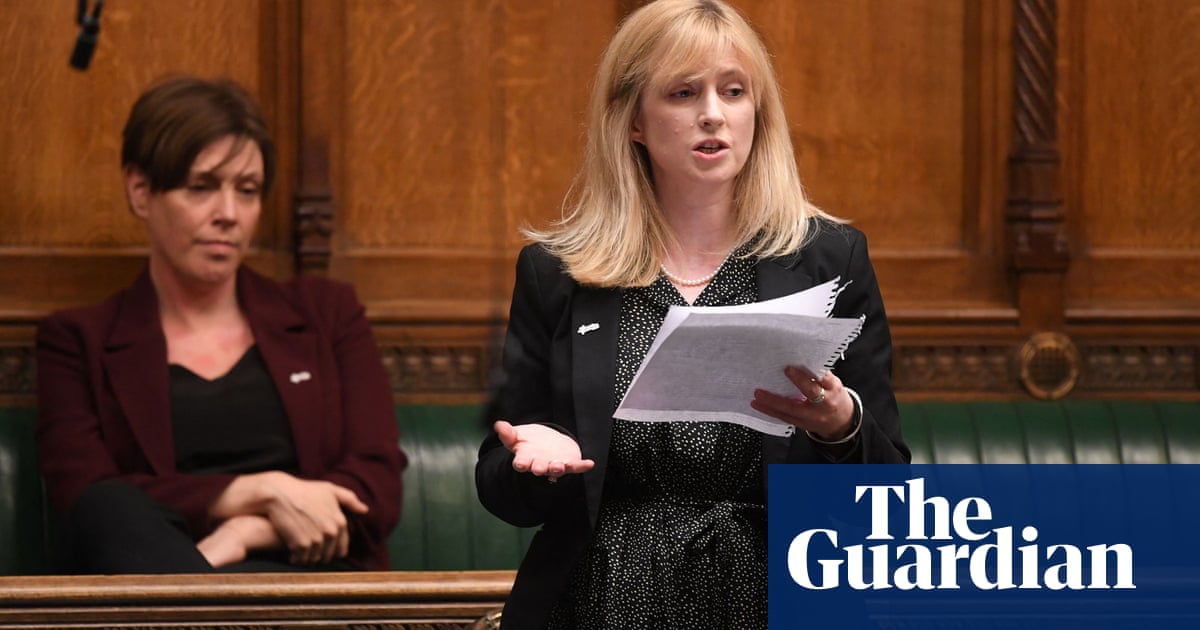
Wes Streeting is expected to tell MPs his reasons for supporting a ban on puberty blockers being prescribed to children for gender-based reasons, amid discontent in his own party.
After growing criticism among some Labour MPs, the health secretary used social media to defend his backing of an emergency ban on the drugs’ use, imposed by his Conservative predecessor Victoria Atkins, which is being challenged in the high court.
In a lengthy thread on X on Sunday, he cited the Cass review into gender identity services as saying there was currently not enough evidence about the impact on young people of using puberty-suppressing hormones, which are occasionally used for children with gender dysphoria.
Streeting is understood to be “minded” to make the ban permanent, subject to consultation and outcome of the judicial review. He is expected to issue a written ministerial statement to parliament on Thursday.
But colleagues including Stella Creasy, the Walthamstow MP, said while the review published earlier this year by the paediatrician Dr Hilary Cass recommended caution, this did not mean a complete ban.
News of Streeting’s decision prompted a reaction over the weekend from several Labour MPs, while they were joined on Monday by another backbencher, Kim Johnson, who described the ban as “very concerning”.
“Labour’s manifesto promised to ‘remove indignities for trans people who deserve recognition & acceptance’ – this entails ending the ban on puberty blockers,” the MP for Liverpool Riverside said on X. “I will always stand with trans youth.”
However, there was backing for Streeting from the Labour MP, Rosie Duffield, who has said in the past that she felt ostracised by the party because of her views on gender reforms.
“I’m really pleased that the secretary of state supports the recommendations in the Cass review and has approached this difficult issue thoughtfully, making the safeguarding of vulnerable children his top priority,” she told the Guardian.
“It is sad to see some of the abusive comments he’s been receiving, that approach to political issues is not the best or brightest way for anyone to make their case.”
Among other Labour MPs, Creasy had said the Cass review “recommended caution, not exclusion” on puberty blockers for children. She wrote on X: “To those asking, [I] will always be MP who listens to demand for better research & evidence base for help for those with gender dysphoria, not abandons them.”
Zarah Sultana, another backbencher, also referenced Labour’s manifesto pledge, saying the promise “entails ending the Tories’ ban on puberty blockers. Young people – cis & trans – must have access to healthcare they need. I’ll always stand with the trans community.”
Nadia Whittome, the MP for Nottingham East, said: “Only a small number of young people are prescribed puberty blockers. Those who are often describe them as lifesaving. I know the distress the puberty blockers ban is causing them. No matter what happens in court, I will continue fighting for the government to scrap it.”
Puberty-suppressing treatments are used for children who begin puberty very early, and since the mid-1990s have also been used to hold off sexual maturation in those who seek time to explore their gender identity.
In her review, Cass said the evidence base for the long-term safety of this procedure was weak, and that more research was needed. In April, Atkins said a ban on the use of such treatments for gender dysphoria in the NHS would also be enforced in the private sector, a decision which has been challenged in the high court.
Defending his decision to stick with Atkins’s stance, Streeting said the evidence that puberty blockers were safe for such use “should have been established before they were ever prescribed”, and that a clinical trial was being set up.
Arguing that the use of such drugs for gender dysphoria was clinically very different from their prescription to much younger children to prevent very early puberty, Streeting said: “We don’t yet know the risks of stopping pubertal hormones at this critical life stage. That is the basis upon which I am making decisions. I am treading cautiously in this area because the safety of children must come first.
“Some of the public statements being made are highly irresponsible and could put vulnerable young people at risk. I know there’s lots of fear and anxiety. I am determined to improve the quality of, and access to, care for trans people.”
Following his posts on social media, LGBT+ Labour published a letter to Streeting, signed by the organisation’s national trans officer, Dylan Naylor, and Willow Parker, the trans officer for the political party’s student wing.
They wrote: “In line with the review’s recommendations, steps must be taken to cut waiting lists for trans youth, address long-term staffing issues, move towards a decentralised, equitable system for accessing care (including through the provision of regional centres), provide comprehensive training for NHS staff on how best to support and work sensitively with trans and questioning young people, and better address the current toxicity of public debate which is actively harmful to young people.”
The authors called on the health secretary to “urgently set out the timeline, scope and nature” of a clinical trial and added: “We hope that, under this new Labour government, progress can be made to reset the public discussion on trans rights, centring on the humanity of, and compassion for, each individual trans person.”












